No matter how much you might love each other, and be committed to each other, there are some relationship deal breakers that can creep up on you with time, and threaten to destroy everything that you have built together.
The blush of new love can easily mask potential problems, many of which don’t emerge until a relationship matures. There is so much magic at the beginning of an intimate relationship that most people focus on those aspects, rather than any that could divert them from that joy.
New couples also tend to think that past relationship problems won’t resurface in their current relationship. Sadly, my experiences do not match their optimism.
When the blush of new love subsides, the issues that were potentially problematic from the beginning of any relationship are bound to arise, challenging and sometimes obliterating the wonderful connections that preempted them. If not resolved, they can become deal breakers, potential destroyers of the relationship.
As those less-than-desirable interactions mount, they can trigger negative thoughts, feelings, and behaviors. What might have once caused a mild reaction in either partner now becomes much more intense. Anger, resentment, and impatience begin to increase in frequency, last longer, are more intense, and take longer to heal.
If those early red flags had been faced and ferreted out when the relationship was new, the partners might have been able to overcome them. With the resilient reserves of new love, they might have been able to resolve or negotiate how to work around them.
Perhaps those slow, emotional leaks in their relationship love-boat could have been sealed while there was ample time to keep it afloat.
You’ll know that deal breakers are emerging if you are increasingly finding fault with one another in ways you haven’t before. Once these issues are identified, you may still be able to work through them in time to rescue and regenerate your love.
Here are 9 common examples of eventual deal breakers that are often denied or ignored in new relationships.
You may be able to recognize some of them that already exist in your current relationship.
1. Unequal Desires.
In four decades of practicing therapy, I have never met a couple whose every desire was equaled by the other partner. Every intimate partnership faces the challenge of how to deal with those differences, especially as the relationship matures.
If those unequal appetites are crucial to either partner, there is bound to be strife as the couples struggle to keep them in balance. Over time, resentments and disappointments can mount if they dismiss their importance.
“I like to make love a lot, but without a lot of drama or worry in advance. My partner tells me that she needs a couple of days to warm up. When we finally do get there, it’s always good, but it’s happening less and less.”
“I need my friends. When we were first together, of course, I spent all my time and energy with him. But now he actually gets pissed at me when I want a night or a weekend with them. I just didn’t know that other people were not that important to him.”
“I keep wanting to put money away for our future, but she wants the kids to have every lesson available. I want them to have experiences, too, but we’re living paycheck to paycheck, and I’m getting tired of it.”
“I truly love his family, but come on, every Sunday night for dinner? I want time alone with him and fun with other people. He’s so scared of disappointing his mother. It’s beginning to really upset me.”
“We had so many plans for adventures when we were first together. Now it seems like we are getting to be a really boring, predictable couple. I don’t even want to dream anymore, because nothing changes.”
Related: The Truth About Dealbreakers In Relationships
2. Unresolved Past Relationships.
At the beginning of new partnerships, most people do not confess any past relationship issues that may still be unresolved.
I’ve received many panicked calls from patients when they inadvertently come across an angry or seductive text on their lover’s phone, or get a personal phone call from someone who was left behind.
There can also be friends or family members who are not welcoming of a new partner. Sometimes it is a political, religious, or racial bias. Or, at other times, they had close connections to the prior partner and feel judgmental of the way the relationship ended. These kinds of prejudices may feel very reasonable to those who hold them, but often put the new love relationship in jeopardy.
3. Shifting Priorities.
Every relationship has limited resources. Time, energy, money, availability, and other commitments need to be emotionally and physically funded by them.
When people are first in love, they do everything they can to invest all of their resources into the new relationship, often at the expense of other priorities. As the relationship matures, they will have to change those distributions. Other obligations re-emerge and require the partners to reassess how they apportion their commitments.
“We used to spend every spare moment with each other. We didn’t make any decisions without the other person’s okay and support. Now he wants to start a new business, and I desperately want us to invest in a house of our own. I never minded giving up everything for him, but I’m feeling more and more on the back burner here.”
“She promised me we’d have a family, but she keeps putting it off because of her career. I’ve been totally understanding, but now I’m beginning to feel like she’s not going to be into this. She keeps giving me excuses, and I’m feeling like she’s not being honest anymore.”
4. Changes in Physical Attractiveness.
Though they may seem superficial attachments to some, physical attractiveness and fitness are very important to others. As an example, one partner may choose another, because both of them were equally devoted to physical fitness. As time went by, one drops that commitment and “let themselves go.” Love and attachment may still exist, but desire wanes.
Sadly, even unexpected, long-term health issues can deter a once-devoted partner. It is emotionally and physically taxing to provided extended care to another, even if that person is beloved.
“I feel like an absolute jackass, but I just can’t deal with the way she looks now. It’s not her fault, and I love her as much as I ever did, but I can’t get past the new package. Please help me get over this.”
“I know he can’t get it up, because of all the medications that are keeping him alive. I don’t want him to feel inadequate, but I miss the great sex we used to have.”
These people may come across a shallow or self-centered, but I have seen devoted partners who, over time, are unable to deal with major changes in the attractiveness of their partners, even when those changes are unavoidable.
Related: 10 Most Common Reasons Why People Decide To Leave A Committed Relationship
5. Irritating Habits.
Certain behaviors, over time, can activate emotionally allergic reactions to triggers that were more acceptable in the past. Initially, they may have seemed endurable, but now have become more and more irritating.
The caveat here, of course, is whether the partner who is causing the trigger reaction cares enough to work on the now-annoying habits and to change them for the sake of the other. But even when they do their best, they can’t always change them to the satisfaction of the other.
“When we were first together, I could handle her being late all the time. I guess I thought it would change over time, and the excuses seemed relevant. Now, it’s beginning to bug me a lot. It’s as if she doesn’t respect my time. I told her we’d be taking separate cars from now on, and she’s really upset, but I can’t keep doing this.”
“When we go out places with friends, he has to be the center of attention and make everyone in the room love him, and they do. I used to be proud of that, but now I often wonder if he would even care if I was with him. I find myself making excuses to stay home, and I’m not even sure he notices.”
Want to know more about relationship deal breakers? Check this video out below!
6. Addictions.
Having worked for many years with people battling the demons of self-destructive behaviors, I understand both the heartaches of those addicted and those who love them.
Addictive compulsions seduce people into their webs by offering short-term gains while masking long-term losses. Sadly, those who fall prey to those seductions pay far more over time than the immediate satisfaction ever can compensate.
New couples prioritize their choices in favor of each other’s wants. They make their partners central to their lives, and often put aside their compulsive behaviors in the early stages of their relationship. If those addictions resurface over time, they will take priority over the relationship.
Most think of addictions as the abuse of substances, but there are many kinds of behaviors that qualify. Workaholics often put their career aspirations aside in the throes of new love, but once established in that relationship, may return to long hours away.
Some people are social-holics. They express their compulsion by needing to maintain constant access to multiple online and in-person commitments. Others have to work out several hours every day, or they cannot manage the anxiety they feel when they don’t.
What makes all of these addictive behaviors similar is their intrusion into the mutual needs of the relationship. Once addicted, that partner will put the other second to that hunger. A potential dealbreaker is in progress.
7. Biases.
Biases are set-in-concrete thoughts, feelings, and opinions that can become a problem if the partners do not see things in the same way. Deeply entrenched thoughts and feelings that are widely different or disparate can drive a wedge between the partners, especially if they were withheld at the beginning of the relationship.
Sometimes these differences only emerge when children enter the equation, like which parent’s religion should take precedence. Other times, political biases that didn’t seem important earlier may emerge during a political season.
There are many occasions in which new love’s passion hides underlying sexual preferences or desires that one partner has withheld from the other, and are rebuffed or mocked when they eventually emerge. Even longstanding friendships that preceded the relationship may now interfere.
8. Negative Surprises.
Once a relationship matures, most partners have shared most of any past experiences that could affect their current relationships. Unfortunately, there are times when people have done things in their past they feel would disenchant or offend their current partner. They never expect that those past experiences would reappear, and so believe that their decision to keep them hidden is the best choice.
Sadly, the emergence of these hidden truths can have a doubly bad effect. Not only does the current partner have to deal with the now-known event, but also the concern as to what else may still be unrevealed.
There are several factors that determine the outcome: How severe was the hidden behavior? What are the reasons it was withheld? Does the couple have the motivation, commitment, and tools to work through it?
Related: 10 Things To Look For On A First Date
Here are just a few examples that have become deal-breakers:
- A child, placed for adoption, reemerges and asks for a relationship with the birth parent.
- A time spent in prison.
- A history of the potentially inheritable disease.
- An addictive background, personal or familial.
- A sexual trauma from childhood.
- A large debt that was never paid.
- Fertility issues.
- A relative who committed suicide because of a mental illness.
9. Unpredictable Events.
Perhaps the saddest of deal breakers are the unanticipated circumstances that can happen outside of either partner’s control. If they are cumulatively resource-demanding, or they simply exhaust the capabilities of the relationship, they can overwhelm the best of partnerships.
Multiple stressors or unending demands can turn a once-harmonious partner into an irritated, reactive, uncaring person. What feelings and behaviors both partners could once count on are now in short supply.
Increasing pressures can weigh down any relationship, especially if they are long-lived and crucial to the health of the partnership. Financial losses, deaths of loved ones, illnesses, or excessive cumulative disappointments can cause mistrust and sometimes betrayals, as one or both partners seek consolation outside of the relationship.
Couples who recognize the potential negative impact of these overwhelming stressors and seek out professional help can weather these crises. With direction and skills, they can even come out stronger. But if they try by themselves to lean on resources that have been badly depleted, they can end up apart for all of the wrong reasons. A dealbreaker that could have been avoided has its way.
Most potential deal breakers were present at the beginning of a new relationship but did not feel threatening at the time. There were so many wonderful connections happening that the partners truly believed that they would be easy to overcome if they persisted or increased. Others were unpredictable, unexpected events that overextended the couple’s ability to conquer and continue.
For those of you who are newly in love, give each other the gift of courageously facing any thoughts, feelings, or behaviors that, over time, could threaten the love you are nourishing.
Your positive attachments have enormous power to challenge those potential deal breakers before they can damage your relationship.
Written by Randi Gunther, Ph.D. Originally appeared in Randi Gunther, Ph.D


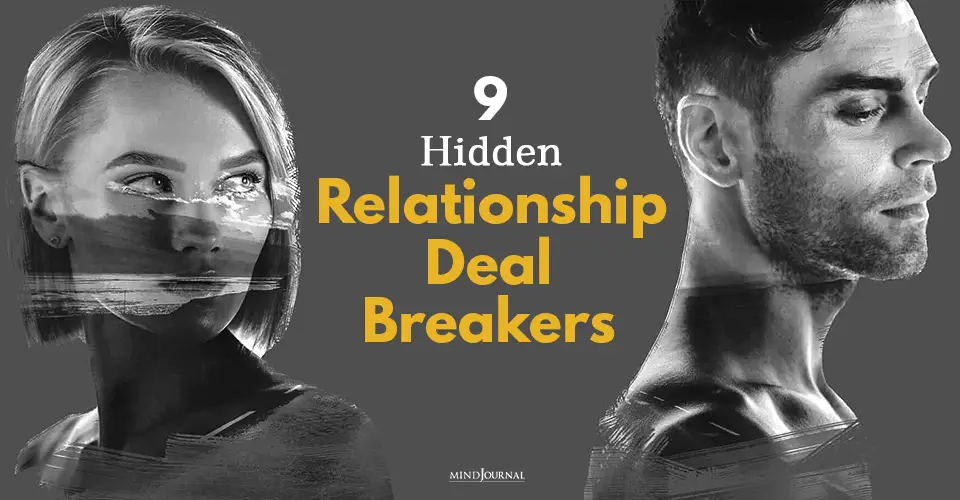







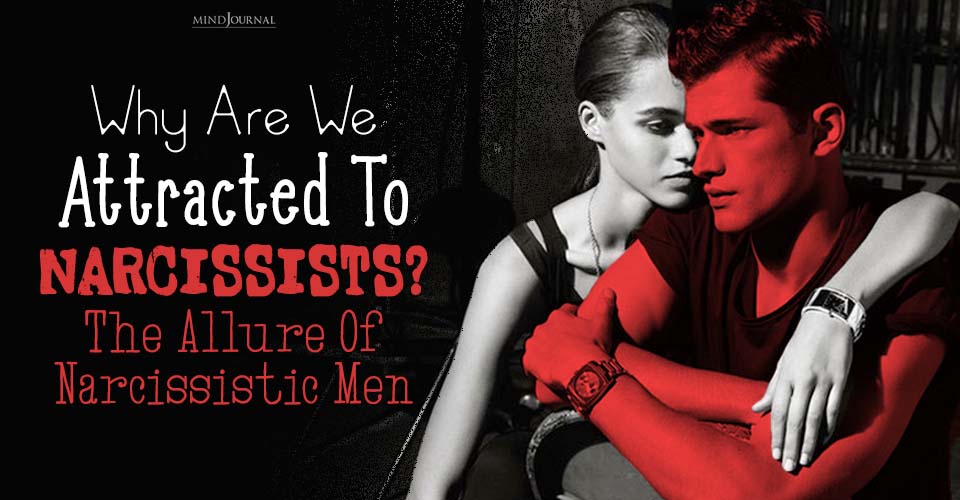
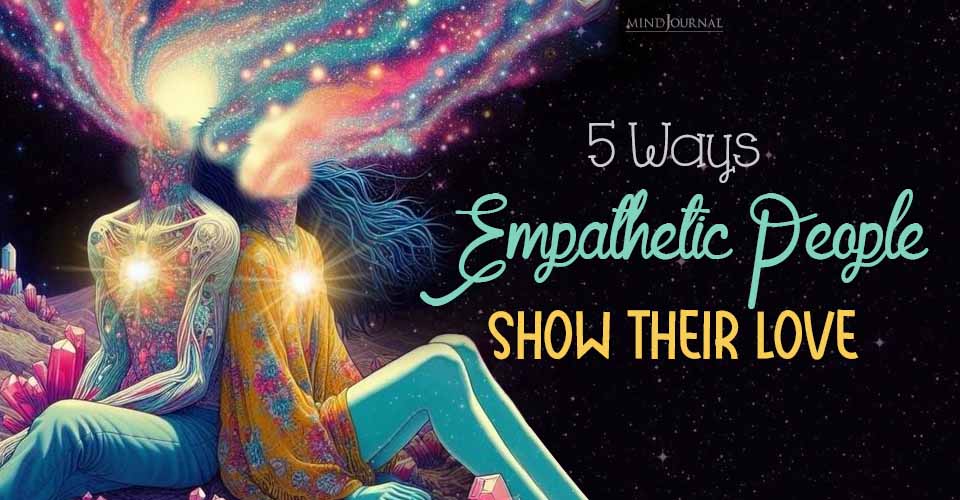
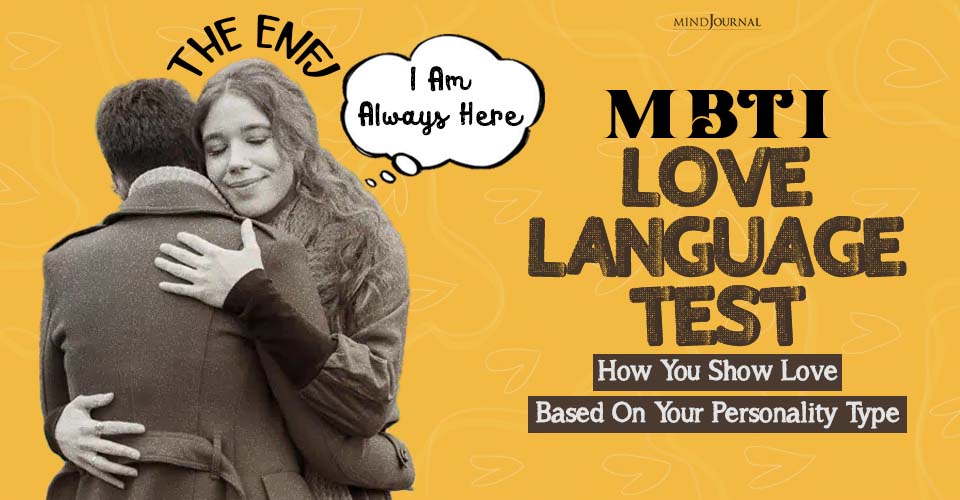
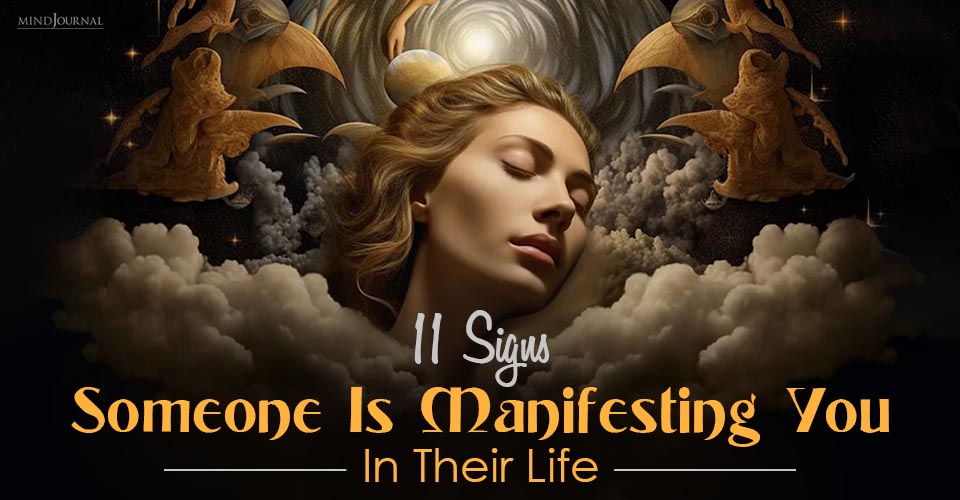

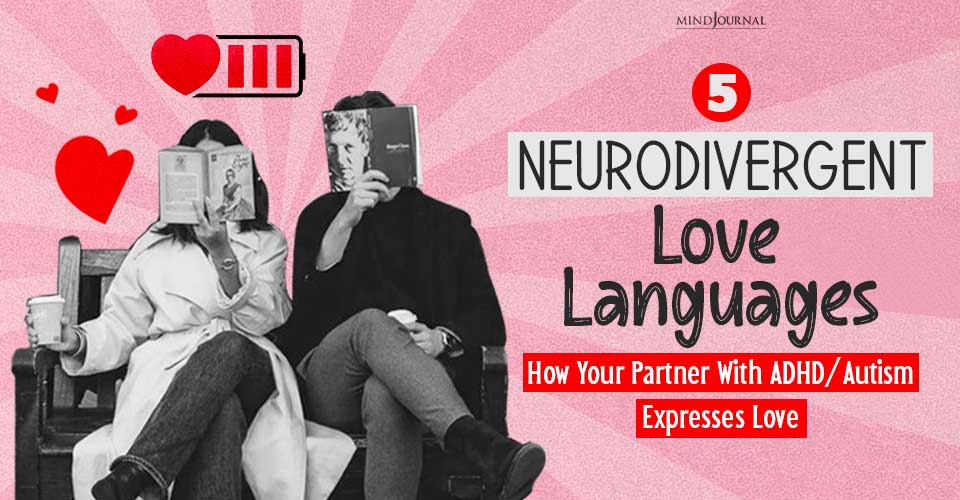
Leave a Reply
You must be logged in to post a comment.